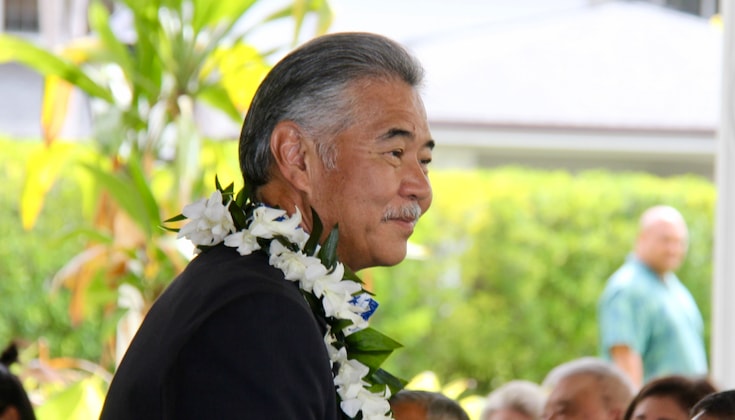[ad_1]
For Asian American and Pacific Islander Heritage month, we’re sharing articles by and about Asian American Buddhists from our archives. This week, we’re exploring Asian American Buddhist activism and solidarity.

This week, we discover Asian American Buddhist activism and solidarity. Activism has many meanings and takes many kinds: elevating consciousness about a difficulty, protesting, voting, creating artwork, working in service in the direction of larger beliefs, working in service in the direction of smaller sensible objectives, and extra. Equally, solidarity can imply many alternative issues: community-building, discovering commonality regardless of distinction, working collectively in the direction of our collective liberation, and extra.
Some could argue that Buddhism, with its many teachings on topics similar to loving-kindness, interdependence, and proper motion, allows activist practices. However what does it imply to actively incorporate Buddhist teachings into one’s activism?
Within the following 5 articles, we see how Asian People’ Buddhist observe affect their activism, and the way their activism influences their Buddhist observe. Tanny Jiraprapasuke displays on experiencing a xenophobic verbal assault, pushing her to lift consciousness about anti-Asian incidents throughout COVID-19, demonstrating that activism can imply talking up in addition to viewing others with compassion.
Rev. Christina Moon interviews Hawaiian Governor David Ige on compassion in governance and valuing immigrant contributions, an activism that harnesses the ability of public workplace in serving his neighborhood. Myokei Caine-Barrett, Minna Jain, and Bo-Mi Choi talk about how Buddhists can use their sangha communities to create areas to talk actually, acknowledge the real-world results of distinction and energy, and are available collectively in shared understanding.
Lastly, we have now two inventive items. Satsuki Ina shares two poems written after visiting Central American asylum seekers in detention facilities on the U.S. southern border, revealing that activism can entail each working for the freedoms of those that are struggling in addition to bearing witness to their tales. In a robust spoken-word efficiency, George Yamazawa recounts how reflecting on our previous errors will help our dedication to performing compassionately.
As you learn these items, mirror by yourself relationship with activism and solidarity. How do you contribute to the communities through which you reside and/or discover belonging? What Buddhist teachings symbolize activism or solidarity to you? How will you incorporate Buddhist ideas and practices into your activism? Into the contributions you make in the direction of your communities? Into your day by day life?
-Mihiri Tillakaratne, Affiliate Editor
As racist and xenophobic violence and discrimination rose amidst the COVID-19 pandemic, Tanny Jiraprapasuke selected to rework her rage into compassion for herself, her neighborhood, and past.
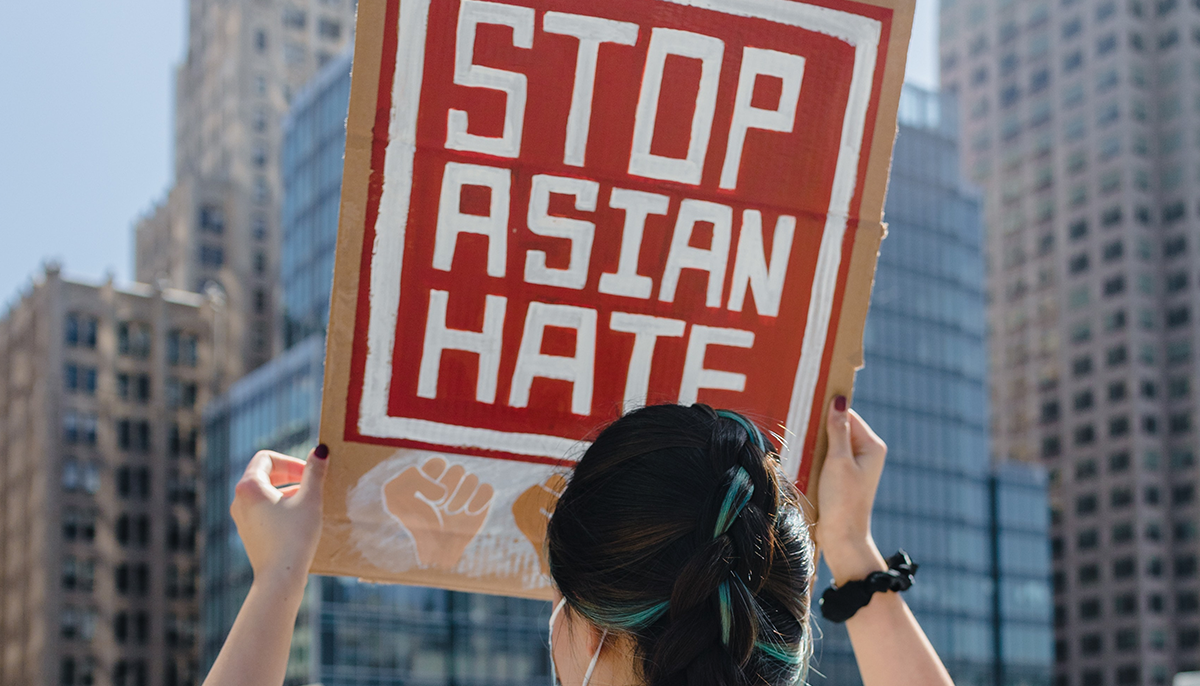
“I’m exhausted from the fad I really feel each single day, not on the man who stated ugly issues to me, however at a system that thrives by pitting our communities in opposition to one another.”
I converse these phrases to a crowd of tons of as I stand on stage for the “Love Our Communities: Construct Collective Energy” rally in Little Tokyo.
A public well being emergency because of the lethal Covid-19 had been declared by the World Well being Group on January 31, 2020. The media reported that the virus originated in a market in Wuhan, China. Worry and anger towards the Chinese language neighborhood was brewing.
Governor David Ige — considered one of America’s most outstanding Buddhist politicians — on immigration, local weather change, and compassion in governance.
Cristina Moon: What does it imply to you to be Buddhist?
David Ige: For individuals who develop up Buddhist in Hawaii, we’ve all the time been Buddhist, so I’m not sure. It’s not like I modified faith.
After I converse with different Japanese People throughout the nation who immigrated to California, Seattle, Chicago, or Washington, DC, it’s attention-grabbing as a result of in just about each occasion, the first motivation is to neglect the place you got here from, attempt to assimilate as shortly as attainable—making an attempt American religions, making an attempt to get into American faculties and be as American as shortly as you may.
I feel Hawaii could be very totally different from the mainland. The First Nations of Hawaii really have been about respect for the tradition and embracing immigrants. In Hawaii, we’re inspired to remain related with the place we got here from. So, I’ve all the time been a Buddhist and it’s not one thing that’s ever aside from who you might be. It’s a special type of expertise.
Three Asian American and Black Buddhist academics mirror on therapeutic, solidarity, and the way Buddhists of shade can work collectively for better racial justice.
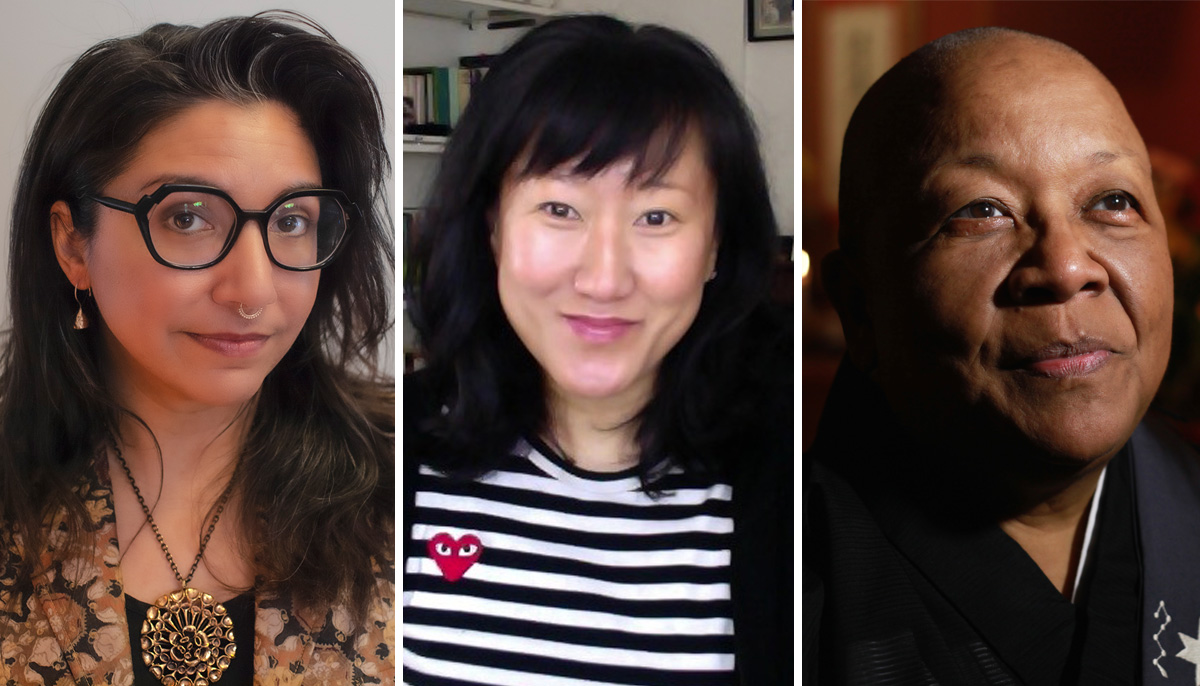
I exist due to demise and destruction, born after warfare to a Japanese mom and a Black American father. This duality meant there was no actual welcome in Japanese or Black communities, solely in these combined ethnic areas inhabited by war-born households. I’ve all the time been both invisible or unique, the goal of these daring sufficient to both ask or to advance their very own concepts of who I’m. I share my story so it’s understood that I’ve pores and skin on this recreation; as a result of I’ve lived the racism towards Asian and Black People. My household right this moment consists of additionally Latino and white, differently-abled in addition to LGBTQIA of us—a variety of cultures, and spiritual and philosophical concepts—all grounded in absolute acceptance and love of kinfolk.
Not so way back their very own households have been held in camps like these. That’s why Japanese American Buddhists like Satsuki Ina will preserve coming again till the tragedy on America’s southern border ends.
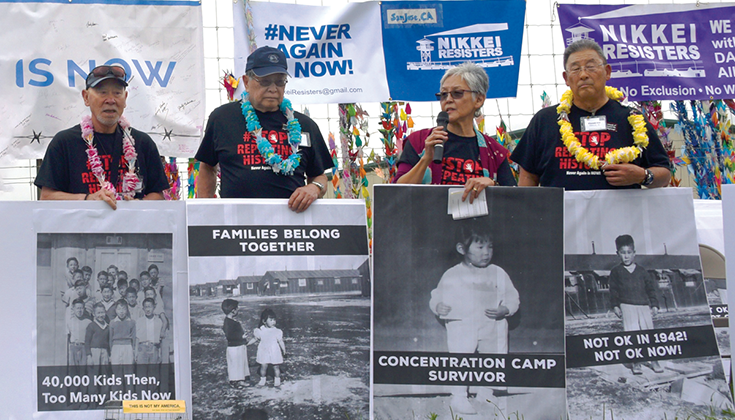
In March, I joined sixty different Japanese American and Japanese Latin People who paid homage to folks and grandparents who had been unjustly incarcerated throughout WWII on the Crystal Metropolis, Texas Household Internment Camp. We have been reminded of the interconnectedness of all issues as we proceeded to Dilley, Texas, the place right this moment 2,400 Central American girls and youngsters searching for asylum are being unjustly detained in jail amenities.
We wished the kids inside to know that somebody outdoors cared. We wished the world to know that we’ll not be silent when persons are struggling by the hands of a merciless and unjust authorities coverage so resonant of our circle of relatives expertise.
Quite a few Buddhists united in opposition to anti-Asian violence and racism on Might 4 at “Might We Collect: A Nationwide Buddhist Memorial Ceremony for Asian American Ancestors.” Learn a number of knowledge shared by Buddhist leaders on the ceremony.
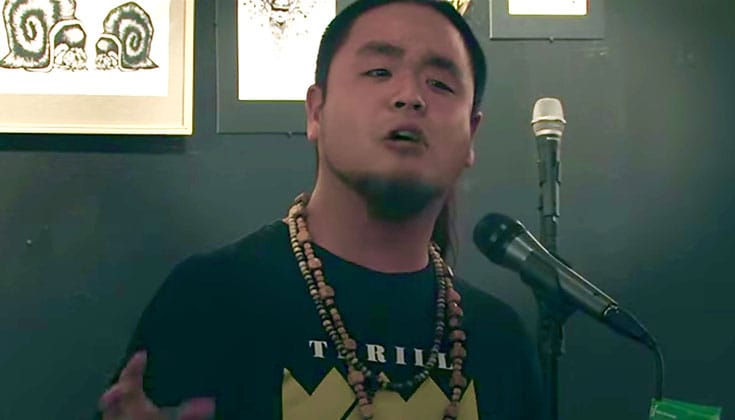
On this highly effective slam efficiency, award-winning poet George Yamazawa recounts his earliest recollections of teasing classmates by calling them “homosexual,” and the response he acquired from his Buddhist father. In rhythmic verse, Yamazawa talks in regards to the energy of phrases as insults and poetry, and the love that Buddhism evokes.
“I forgot that the voice does the work of the Buddha. So why would I ever name somebody homosexual earlier than calling them lovely?”
[ad_2]


